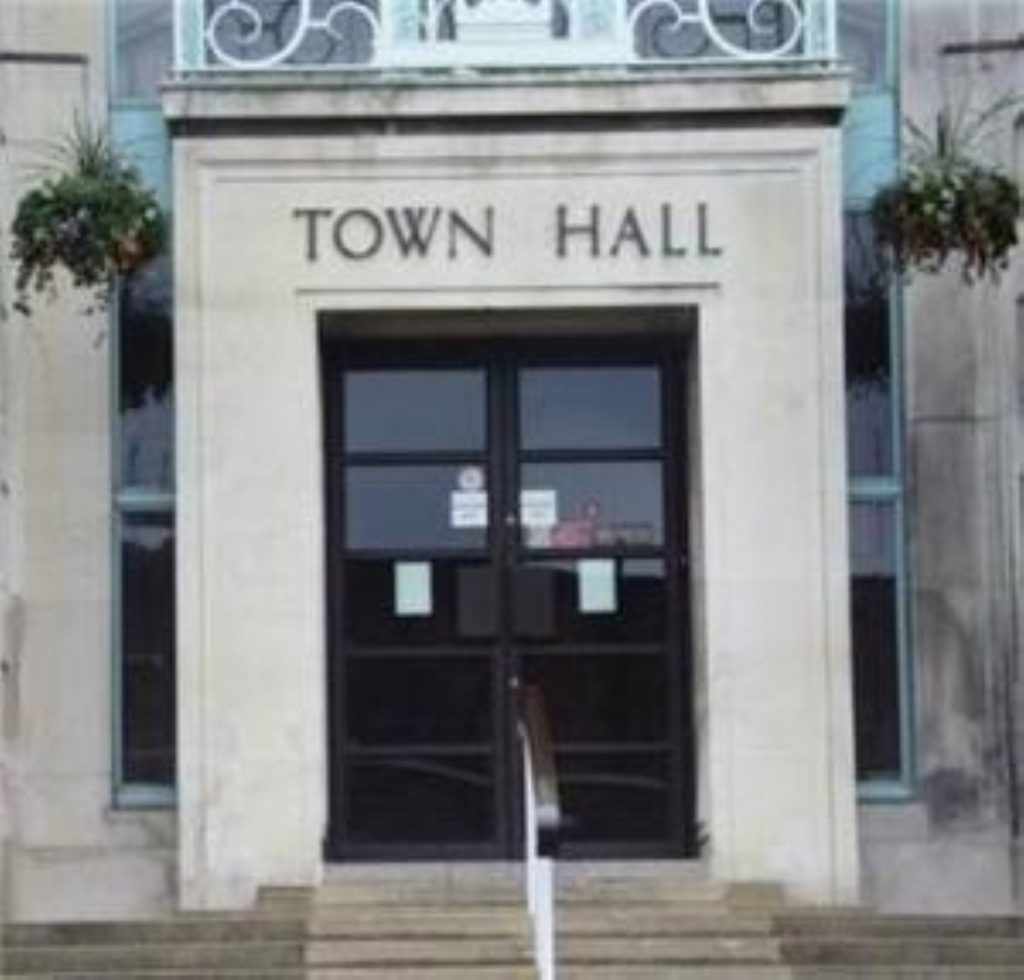Cameron calls for residents’ veto on council tax
David Cameron has said local residents should be able to reject large council tax rises.
As part of a bid to “democratise” local government funding, the Conservative leader said residents should be able to overrule “excessive” rises through a referendum.
Under the Conservative proposals, Westminster would set a maximum annual percentage rise for councils in England, with the Welsh Assembly having similar powers over Wales.
Councils would be free to exceed these thresholds but would need approval from local residents.


In an attempt to prove referendums would be cost-effective, Mr Cameron proposed postal ballot papers could be sent out with annual council tax bills.
If residents rejected council tax plans councils would be forced to redraw their budgets and rebate tax payers in the following year’s bill.
Speaking at the Young Foundation in east London, Mr Cameron said this would enable the Conservatives to scrap centralised target and return power to local communities.
Mr Cameron said: “All politicians in opposition talk about giving more power to local councils. But all governments seem to end up centralising power.
“I want to prove that we will be different. That we really mean it when we talk about localisation.
“That’s why I am announcing today a significant new element in our policy platform: the democratisation of council tax.”
Labour dismissed the proposal as an “empty gimmick”.
Communities secretary Hazel Blears said: “Any local council can hold a local community vote on the level of council tax increase, and some of them already do…. You don’t need some new law.”
The Liberal Democrats insisted Mr Cameron has no credibility in the council tax debate.
Acting leader Vince Cable said: “Not only was the Conservative Treasury a key architect of council tax while Cameron was an economic adviser, but since then his party has ruled out any alternative.”
The Lib Dems are calling for the complete abolition of council tax and the introduction of a local income tax.
Council tax has the potential to become a highly charged political issue. The average council tax bill for a band B and D property has risen 92 per cent in England and 103 per cent in Wales since Labour came to power.









